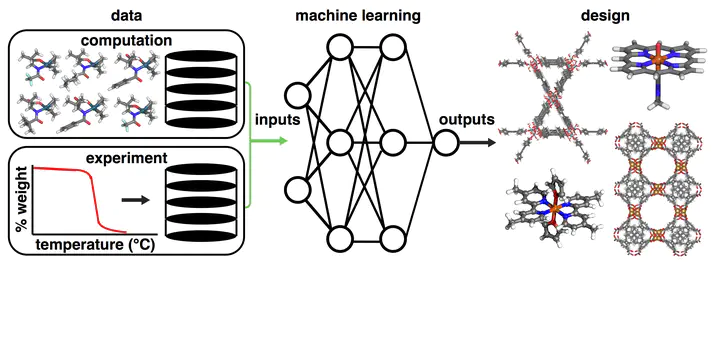Audacity of huge: overcoming challenges of data scarcity and data quality for machine learning in computational materials discovery

Abstract
Machine learning (ML)-accelerated discovery requires large amounts of high-fidelity data to reveal predictive structure–property relationships. For many properties of interest in materials discovery, the challenging nature and high cost of data generation has resulted in a data landscape that is both scarcely populated and of dubious quality. Data-driven techniques starting to overcome these limitations include the use of consensus across functionals in density functional theory, the development of new functionals or accelerated electronic structure theories, and the detection of where computationally demanding methods are most necessary. When properties cannot be reliably simulated, large experimental data sets can be used to train ML models. In the absence of manual curation, increasingly sophisticated natural language processing and automated image analysis are making it possible to learn structure–property relationships from the literature. Models trained on these data sets will improve as they incorporate community feedback.